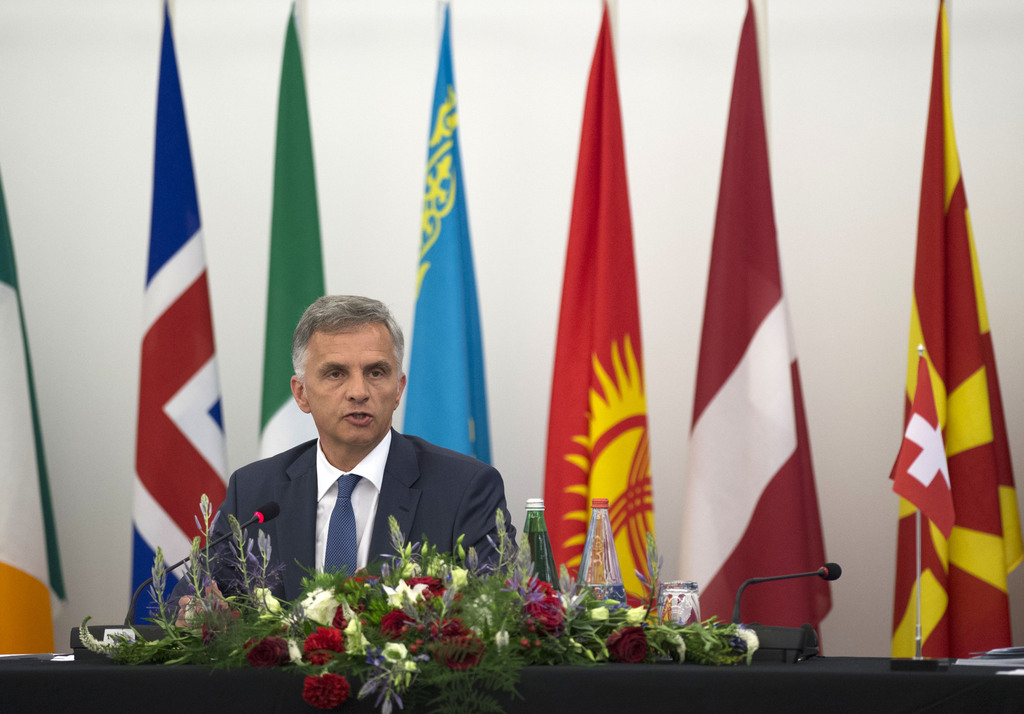Twice-kidnapped Swiss woman splits opinion

Swiss Foreign Minister Didier Burkhalter is clear: freeing the Basel missionary Beatrice Stöckli, who was kidnapped in Mali earlier this month, is a priority – even if Bern had warned her several times about remaining in the country. Not everyone is so sure.
“We’re dealing with a very delicate case which is very difficult to resolve,” Burkhalter admitted in Le Matin Dimanche newspaper.
This is the second time Stöckli has been held hostage in Mali. In 2012, her kidnappers, the jihadist group Ansar Dine, let her go following nine days in captivity.
“Her previous release was quick because her captors issued a clear warning for her not to return to Mali.” Burkhalter said.
He explained that the foreign ministry had “repeatedly told her many times” that she was putting herself in danger “but she’s a missionary who believes her life and role is there. I’m not judging that”.
He added that Bern was working through various scenarios and was demanding her unconditional release. “We are fighting to try to keep her alive. Unfortunately that’s not going to be easy.”

More
The Swiss woman who was kidnapped in Mali – twice
Her captors this time, al-Qaeda in the Islamic Maghreb, claimed responsibility for the kidnapping on Wednesday. In exchange for Stöckli’s release, they are demanding the release of several al-Qaeda fighters currently imprisoned in Mali in addition to that of one of their leaders, Abu Tourab, held at the International Criminal Court in The Hague.
Playing with fire
For Geneva parliamentarian Manuel Tornare, however, Stöckli was clearly playing with fire. “Once, OK. But twice – that’s enough,” he told Le Matin Dimanche, adding: “Religious people also have to behave like adults.”
Tornare, a member of the House of Representatives, said that while the government’s efforts to free Stöckli are not being questioned, the missionary should pay some of the costs in the event that she is released.
Burkhalter pointed out that “a new law allows for costs linked to the government’s release efforts to result in bills [for the released parties]”.
This would be the case, he added, “if people have taken a risk which can be considered excessive given information, warnings or travel advice”.
He deflected the question of whether an invoice would be sent in this case. “That’s not really my top priority at the moment”.
He said he was focusing on achieving Stöckli’s release without paying a ransom “because paying a ransom encourages future kidnappings”.
Switzerland’s official policy is to not pay ransom demands.

In compliance with the JTI standards
More: SWI swissinfo.ch certified by the Journalism Trust Initiative











You can find an overview of ongoing debates with our journalists here . Please join us!
If you want to start a conversation about a topic raised in this article or want to report factual errors, email us at english@swissinfo.ch.